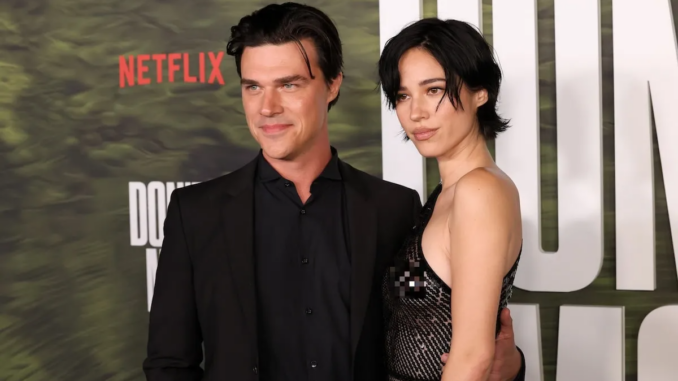
At its core, Yellowstone isn’t just about ranching and survival—it’s a fierce battle for power. The Dutton family, despite their impressive wealth and control over one of the largest ranches in the United States, constantly finds themselves in conflict with outside forces looking to take over their land. But within the Dutton family itself, there are also power struggles that threaten the stability of their legacy.
From the political maneuvers of Thomas Rainwater (Gil Birmingham) to the corporate ambitions of land developers like Roarke Morris (Josh Holloway), Yellowstone is a show about who has control, and what they’re willing to do to keep it.
John Dutton: The Patriarch Who Holds All the Cards—But for How Long?
John Dutton, played by Kevin Costner, is the quintessential patriarch: tough, principled, and fiercely protective of his land and family. But as much as he may seem in control, his power is constantly under siege. Whether it’s from the government, local politicians, or rival ranchers, John’s leadership is tested at every turn.
John’s decisions often come with moral compromises, and the show does an excellent job of showing that his grip on power is fragile. His children, particularly Beth (Kelly Reilly), have their own ambitions and ideas about how the ranch should be run, creating tensions within the family and adding another layer to the internal power struggle.
Beth Dutton: The Wildcard of the Family Business
Beth Dutton, the fierce and unapologetic daughter of John, is one of the most complex characters on Yellowstone. A master manipulator and skilled businesswoman, Beth is determined to secure the Dutton legacy, but she’s willing to go to extreme lengths to achieve her goals. Her relationship with her father is fraught with tension, as she strives to prove herself worthy of the family’s control, despite the fact that she is a woman in a male-dominated world.
Beth’s personal vendettas and ruthless approach to business often clash with John’s more traditional, though still authoritarian, leadership. Her character represents the modern face of power, where ambition, ruthlessness, and pragmatism often supersede traditional values of family and loyalty.
Thomas Rainwater: The Tribal Leader With Ambitions of His Own
One of the most intriguing figures in Yellowstone is Thomas Rainwater, played by Gil Birmingham. As the leader of the Broken Rock Indian Reservation, Rainwater is a formidable adversary to the Duttons, particularly when it comes to land rights. Rainwater’s ambition to reclaim the land that once belonged to his people often puts him at odds with the Duttons, especially since the Yellowstone Ranch sits on land that has significant cultural and historical value to Native American tribes.
Rainwater is not just a villain—he’s a complex character driven by a deep sense of justice and a desire to see his people prosper. He operates in a world where corporate interests and governmental control clash with the rights of indigenous peoples. His power struggle with the Duttons is both personal and political, creating a dynamic conflict that propels the drama of the show.
Roarke Morris: The Corporate Villain Who Wants to Control the Land
Roarke Morris, played by Josh Holloway, is the embodiment of corporate greed in Yellowstone. As a land developer with vast financial resources, Roarke represents the growing pressures on traditional ranching families to sell their land for the sake of development. Roarke’s goal is simple: to buy up land, build a sprawling resort, and make a fortune in the process.
Roarke’s battle with the Duttons is one of pure economic power. Unlike Rainwater, who has personal stakes in the land, Roarke is driven purely by profit. His character highlights the tension between the old ways of ranching and the modern, money-driven world that seeks to exploit the land for its financial value.
Conclusion
Yellowstone is not just a drama about a family’s fight to keep their land—it’s a fascinating exploration of power dynamics in a changing world. The Dutton family’s struggle to retain control over their ranch is mirrored by larger societal conflicts over land ownership, politics, and the shifting forces of modernization. The question of who holds the power in Yellowstone is ever-evolving, and as the show progresses, the stakes for control continue to rise.
